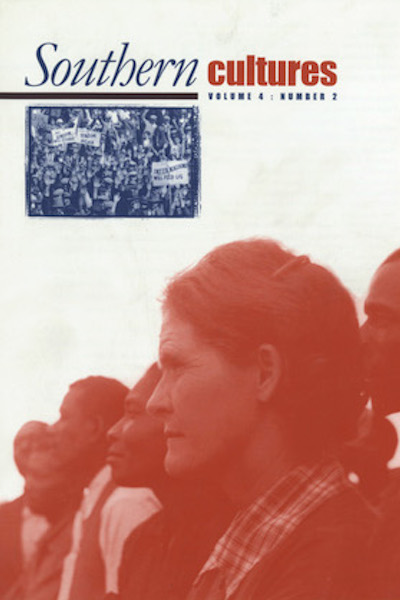University of North Carolina Press, 1995
As southern cultures go, we may know least about the largest: the millions of rural white people, many of them poor, whom Frank Owsley called “plain folk.” Historically they have been an elusive population: celebrated by Jeffersonians as sturdy and virtuous yeomen, denigrated by conservative elites as “crackers” or “rednecks,” embraced by progressives as backward victims of an oppressive social system and by populists as heroic protesters against it. But especially in the twentieth century, poor rural whites all too often have been forgotten or at least pushed to the margins of the picture, portrayed as the people who remained when others moved to the Sunbelt cities and suburbs. In the New South, they are the ones, to use Hal Baron’s phrase, “who stayed behind.”


